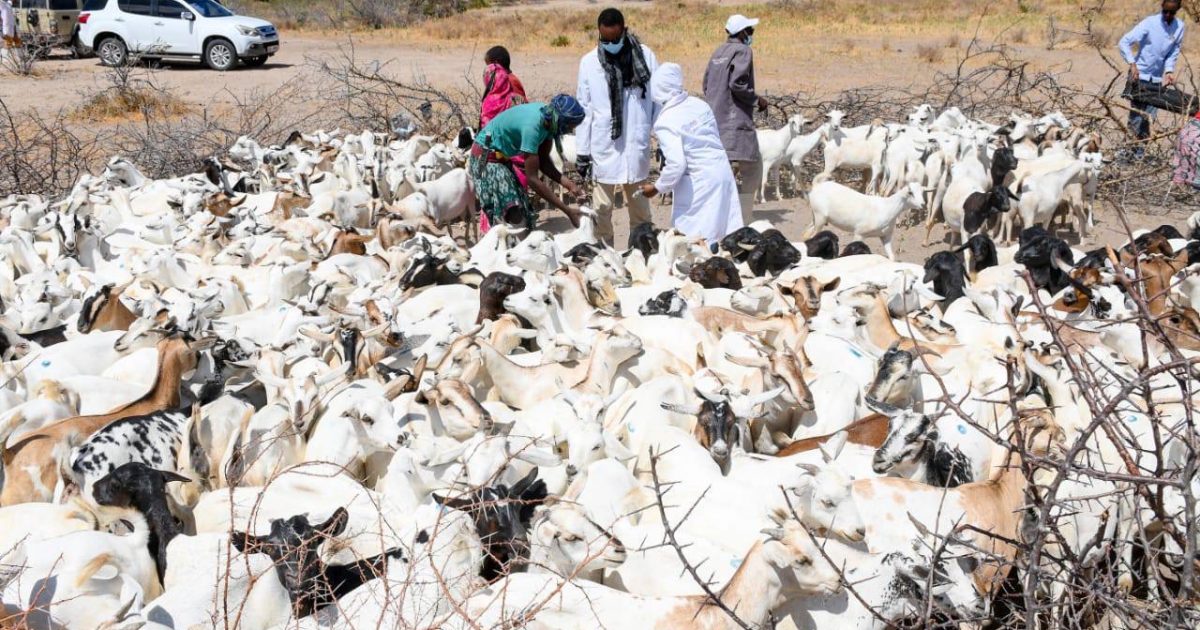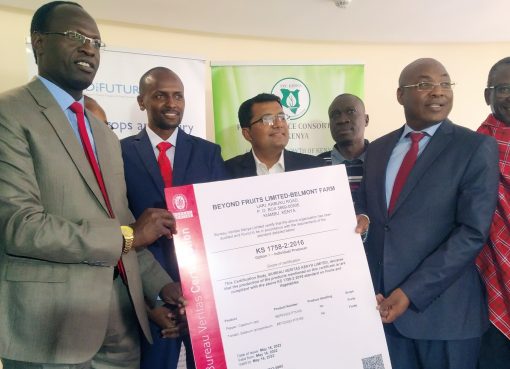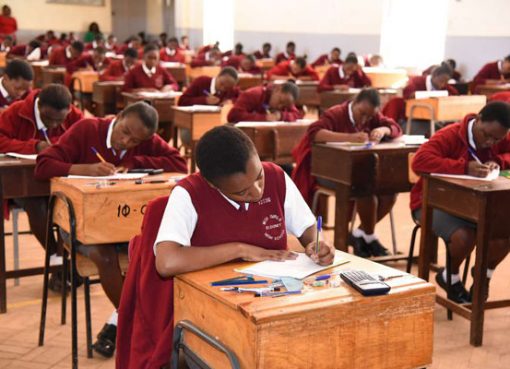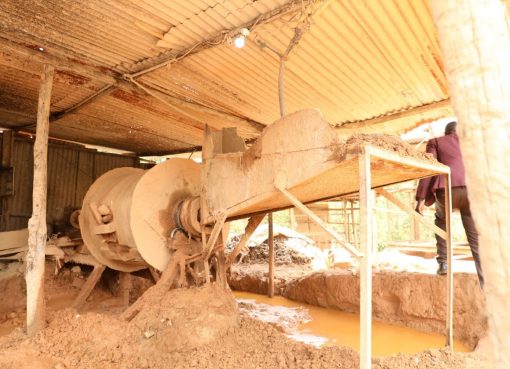Garissa County government has launched a ten days’ free vaccination campaign targeting over 600,000 in the sub-counties of Dadaab and Fafi.
The campaign that is partly funded by the Danish Refugee Council will see camels, cows, goats and sheep vaccinated against Peste des Petits Ruminants (PPR) and Foot and Mouth Disease.
Addressing the press in Dadaab after the launch, Livestock Executive Member Milgo Dubow said the exercise is giving priority to the two sub-counties because the areas face constant threats from Transboundary Animal Diseases (TADS). Dadaab and Fafi sub-counties border the neighbouring Somalia republic.
“An outbreak of the deadly animals’ diseases could lead to huge losses. Livestock rearing is the backbone of over 90 percent of our people in these sub-counties and that’s why we embarked on this very noble exercise,” Dubow said.
She said the vaccination would go a long way in building immunity of livestock, hence increasing productivity and income, adding that another round of the vaccination programme would resume in June 2025.
“The first phase will focus more in refugee camps and the surrounding host communities, while the second phase will focus more in the host community areas,” she said.
The Executive Member urged livestock owners in the targeted areas to avail their animals for vaccination.
The exercise will also include parasite control and treatment for clinical cases, conducting site-level disease surveillance using KABS mobile application, and delivering on-the-job training to community disease reporters (CDRs).
The chairman of the Fafi Development Committee, Ali Hared, thanked the county government for coming up with the vaccination campaign, noting that livestock disease outbreaks were common during rainy seasons.
“This vaccination campaign has come at the right time given that we are experiencing rains. It will go a long way in reducing livestock loss after the rains,” he said.
On his part, the chairman of the Hagardera Refugee Community, Khalif Jelle, also welcomed the exercise, saying it was the first of its kind for the refugees.
“Despite being in the refugee camp, majority of the refugees keep livestock as a source of livelihood. This is a kind gesture that will not go without being appreciated,” Jelle said.
He appealed for the extension of the vaccination period if all the animals would not have been covered at the lapse of the 10 days period.
Livestock in Garissa County is the main economic mainstay of over 80 percent of the area residents.
By Jacob Songok





